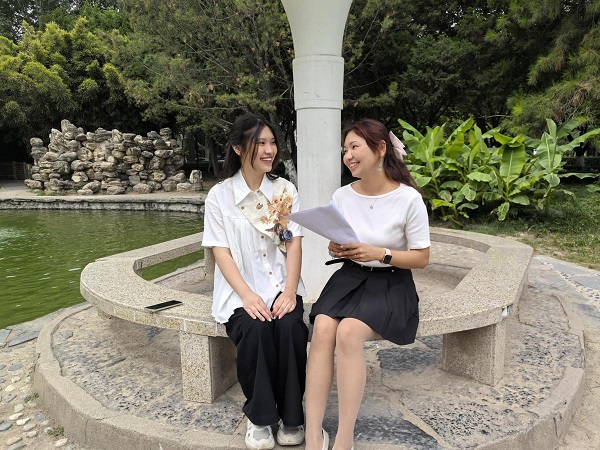XJTU researcher team develops glucose-responsive hydrogel for diabetic wound healing
Professor Guo Baolin's team from the Frontier Institute of Science and Technology at Xi'an Jiaotong University (XJTU) designed a programmed self-adaptive therapeutic hydrogel crosslinked through dynamic boronate bonds, electrostatic interactions, and hydrogen bonds. Their achievement provides new insights and approaches for the adaptive treatment of chronic diabetic wounds.
Diabetic ulcers are one of the most severe complications of diabetes and lead to an extremely high risk of amputation and mortality. Due to the failure of the body's blood sugar regulation mechanism, diabetic wounds are prone to bacterial infection, oxidative stress in the microenvironment, and vascular damage. These factors collectively contribute to chronically delayed wound healing.
The research developed a novel glucose-activated hydrogel with self-switchable enzyme-like activity, which adaptively activates enzyme-like functions with different biological effects in response to blood glucose fluctuations. This hydrogel dynamically releases insulin through feedback regulation to modulate blood glucose levels, achieving self-adaptive treatment for chronic diabetic wounds and ensuring an orderly healing process.
This study, titled "Glucose-Activated Programmed Hydrogel with Self-Switchable Enzyme-Like Activity for Infected Diabetic Wound Self-Adaptive Treatment", was published on Feb 13 in Advanced Materials, a top-tier international journal in the field of materials science.
Dr Yang Yutong, an assistant professor at the Frontier Institute of Science and Technology at XJTU, and master's student Fang Qingqing are the first authors of the paper. Guo is the corresponding author.

